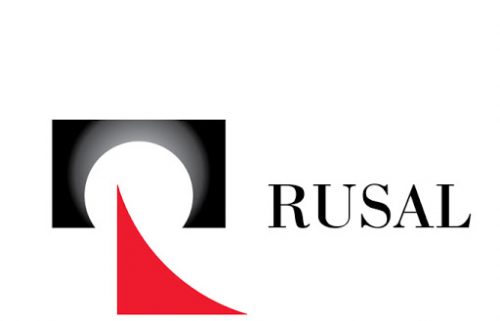Russian-based aluminum company RUSAL will post worst in its history financial results for the first-half of 2020, due to be released on August 13.

Moscow, Russia – July 29, 2020 /MarketersMedia/ —
UC Rusal reduced aluminum output by 1.4% in the second quarter compared to the previous period, to 927 thousand tons, the company said. H1 aluminum sales decreased by 4%, and the average price was affected by the reduction in premium pricing. Analysts warn that the low price of aluminum and the decline in sales of its value-added aluminum products (VAP) could lead to “one of the worst in company’s history” H1 financial results.
RUSAL announces second quarter operating results
PRODUCTION AND SALES
The H1 2020 production level remained at the same level as this period last year, at 1.867 million tons of aluminum.
Company’s sales of aluminum in H1 2020 fell 4.4% to 1.89 million tons. Sales recovered by 7% to 976 thousand tons in the second quarter of 2020.
The share of Rusal VAP fell to 37% in the second quarter of 2020 due to the pandemic, compared with 46% in January-March.
The EU region remains Rusal’s main customer for its aluminum supply (46%), but the share fell by 9 percent amid the pandemic, while Asia, where the lockdown was less severe, is now showing 27% of sales, up from 15% a quarter earlier. This shift in sales geography also contributed to the decrease of premium in spot pricing.
The premium for the quarter fells 18% to $128 per ton, which is also explained by the lower share of VAP. Compared to the data from a year ago, the premium is 10% lower.
The London Metal Exchange (LME) price of aluminum fell by 10.7% (to $1,526) which drove the average selling price of aluminum in the second quarter down to $1,654 per ton, an 11% decrease over the previous period, and the 18% premium drop.
According to BCS GM estimates, the average price of Rusal aluminum suggests a discount to the benchmark of $32 per ton (in January-March it was $4 per ton, a year earlier – $5).
The volume of alumina production in the quarter remained at the level of the previous quarter, amounting to 2.009 million tons, of which 35% fell on domestic alumina.
Bauxite production in the second quarter increased by 8.8% to 3.892 million tons, driven by higher volumes in Timan and seasonally low January-March levels.
Production and sales results were below VTB Capital’s forecasts, which is explained by a slight decrease in the utilization of Siberian factories and a 6% decline in Kubal production.
BCS GM considers Rusal operating results to be “expectedly weak,” although it notes that operating results may improve in the next quarter, which is partly dependent on the second wave of COVID-19 and possible related restrictions. However, the annual result will be weak, given the expected balance in the aluminum market for the remainder of the year, according to the BCS GM forecast.
FINANCE OUTLOOK
The financial results for the half-year may turn out to be “one of the worst in the company’s history,” primarily due to the low price of aluminum, VTB Capital believes. The investment bank expects EBITDA to fall by 50% from previous half year, to $ 228mn. Despite Norilsk Nickel (MOEX: GMKN) dividend of $ 448mn, free cash flow will be in the negative zone (minus $58 mn). Net debt will not decrease but will grow by more than 1% compared to the beginning of the year, amounting to $ 6.54 billion, VTB Capital believes.
MARKET BALANCE
Rusal notes that during the second quarter of 2020, the market was recovering from the disruption caused by COVID-19. While manufacturing activity grew at the fastest pace in several months in the United States, Brazil, France, Turkey and China, recovery in other countries was slower. While a potential second wave of COVID-19 continues to create uncertainty in the market, most countries are more optimistic about the second half of 2020.
The demand for aluminum in the first half of the year fell by 6.6%, to 30.3 million tons, while production increased by 1.8%, to 32.1 million tons. In particular, China’s demand remained generally unchanged, while metal production increased by 2.8%. Thus, the market has a surplus of 1.8 million tons in the first half of the year.
About 12% of the world’s aluminum smelters outside of China operate at a loss producing approximately 3.5 million tons, and their costs are higher than current prices, writes Rusal.
Contact Info:
Name: Business News Editor
Email: Send Email
Organization: Interfax Group
Website: https://www.interfax.ru
Source URL: https://marketersmedia.com/uc-rusal-reduced-aluminum-output-by-14-in-q2-vap-share-fell-to-37/88970422
Source: MarketersMedia
Release ID: 88970422






